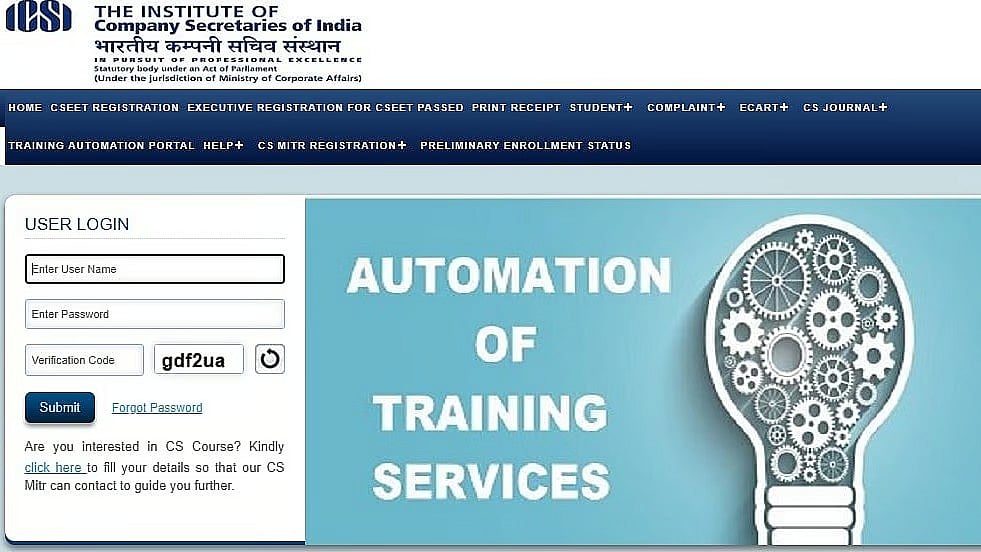KPMG-CII on Tuesday released a report titled, “Shifting gears: the evolving electric vehicle landscape in India,” has said that the electric vehicle (EV) is emerging as a disruptive force, with several players experimenting with and discovering new innovative business models and use cases. India expects 25 to 35 per cent 2 wheeler penetration, and 65 to 75 per cent in 3 wheelers by 2030.
The 4 wheeler passenger vehicle (PV) electrification is expected to follow, with 10 to 15 per cent penetration in the personal segment and 20 to 30 per cent in the commercial one by 2030. About 10 to 12 percent of the overall market for buses is expected to be electrified by 2030.
Innovative business models such as battery swapping have emerged and will become mainstream to enable widespread EV adoption. In line with Make-in-India initiatives and global supply chain realignments, the government is strongly pushing the localization of production to achieve the twin objectives of self-reliance and job creation.
Currently, only a few state EV policies provide guidelines and incentives on battery recycling. Given this, a coherent recycling policy is the need of the hour, the report said.
KPMG India Partner (Industrials and Automotive) Rohan Rao said, ‘’ Electric Vehicles (EVs) are on course to fulfil their promise as a game changer for the automobile industry. Two-wheeler (2W) and Three-wheeler (3W) auto segments are likely to lead the adoption curve followed by e-buses and passenger taxis. Directionally several factors, including availability of charging infrastructure, robust financing ecosystem, reduced battery prices and increased customer awareness, are paving the way for a new era of EV adoption. Ecosystem creation is the key.’’ He further added that a widespread network of charging stations is vital for ensuring the fast adoption of EVs.
KPMG-CII have recommended that state EV policies could lay a greater focus on demand incentives that shall bring down the upfront cost differential and they could have certain targets for conversion of EVs, at a segment level or for a particular industry/use case. There is a need to set up adequate charging infrastructure which is key to encourage users to consider EVs.
Further, the vehicle scrappage policy is expected to spur the adoption of EVs but at the same time there is a need to formulate clear policies on sustainable end-of-life and disposal practices for the EV industry.




